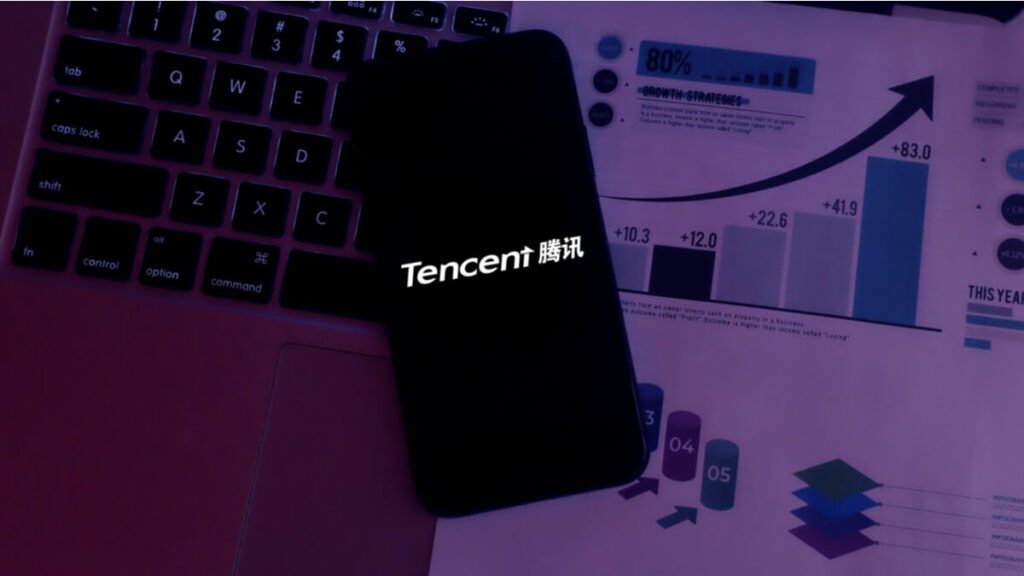
Some of China’s biggest gaming firms experienced a 10 percent decline in shares on Tuesday, after being labelled as “spiritual opium” by a state-owned media outlet.
China’s largest social media and video games firm Tencent recorded a plunge of 10 percent during early trade, while NetEase lost as much as 14 percent in Hong Kong; the move whipped out almost $60 billion from Tencent’ market capitalization.
The stock price was well on its way to reach its lowest point in a decade before the article was deleted from both its website and WeChat account, which allowed it to trim its losses.
The article, which was published by the Economic Information Daily, is a closely related to China’s biggest state-run news agency, Xinhua; within it, the article called for adding restrictions on the industry in a bid to combat addiction as well as other negative qualities on children.
The Economic Information Daily had cited Tencent’s “Honor of Kings” as a means for minors to become addicted to online video games, highlighting that “students were spending upwards of eight hours a day on the game.”
“No industry, no sport, can be allowed to develop in a way that will destroy a generation,” it said before going on to liken online games to “spiritual opium.”
Following the article’s removal, Tencent said in a statement that it is currently looking into ways of curbing time spent by students on the game, with plans to release new policies for all its game affiliates.
Critics have labelled the move as a scare tactic by the government, as it intensifies its crackdown on the country’s burgeoning tech sector in the past few months. As tensions escalate between China and its Big Tech firms, authorities have been investigating some of the country’s most influential tech platforms, such as Alibaba, ride-hailing app Didi, and Tencent’s messaging toll QQ.
Earlier last week, the media giant also experienced a decline in share price due to a governmental verdict restricting the company from using private music licensing deals with record labels around the globe; this would categorically halt the platform’s efforts to show sovereignty over online music streaming in the country.
China’s State Administration of Market Regulations (SAMR) announced that the firm is not abiding by the country’s anti-monopoly rules regarding its interests in the online music market.
Chinese authorities instructed Tencent and its associated companies to end any existing agreement in the upcoming 30 days after receiving the regulatory notice and must not indulge in any private copyright agreements with upstream owners.
During that time, Chinese regulators ordered the music streaming titan to pay a fine of $77,000, as a result of its actions. These actions have increasingly concerned investors, as they shy away from the Chinese market.
In parallel, the country’s long reach has recently extended toward its Ed Tech sector, as regulators stripped online tutoring firms from the ability to garner profit when teaching core subjects in China, also triggering their shares to drop.
Regulators highlighted, however, that these steps are “beneficial to the country’s growth,” as the country looks to ease financial pressure on families that support low birth rates.
According to Xinhua News Agency, these imposed policies are not set to establish dominance on this sector, but mostly aimed to generate a healthy industry growth by securing data security and maintaining people’s healthy livelihood.
Remarkably, these restrictions will also allow for foreign investments in this sector.
While pundits have described the move as bold, it will most likely expose China’s $120 billion private tutoring industry to remarkable threats, as some have already started surfacing. These regulations triggered a major shares selloff in firms traded in Hong Kong and New York, such as New Oriental Education & Technology Group and Koolearn Technology Holding Ltd.